|
The sheep prepared for the original voyage on the Bahijah in Dec 2023/Jan 2024 met ASEL wool length. Two months later, with no shearing done, some of the sheep that were photographed on the trucks to Fremantle Port this weekend were unequivocally woolly and non compliant with ASEL (see photo below). And it will be worse by the time they cross the Equator (wool does keep growing).
The Assistant Secretary Andrew McDonald assured VALE that all would be compliant with the Export Control Act 2020. Does this mean ASEL cant be enforced under the Export Control Act 2020?
0 Comments
The Bahijah has just left Fremantle Port, bound for Israel via one of the most treacherous seas in the world, the Cape of Good Hope. At least 35 days on the ship. And most of these animals have already been on the ship for 42 days, unloaded given a mere 16-17 days off the ship....at a feedlot much of it during a Perth heatwave...and now they are on again. This is a very very dark day for this already terrible industry.
VALE cannot put it much better than Dr Suzie Fowler for the RSPCA. Dr Fowler said that this whole saga has shown that the industry’s definition of ‘good’ or ‘acceptable’ animal welfare is very different from what animal welfare science tells us. “In what world is it acceptable to keep animals standing in their own waste for 30+ days? “In what world is it acceptable to force them to endure motion sickness, heat stress and constant noise and light? “And in what world is it acceptable to, just weeks later, make them do it all again?” See: https://www.rspca.org.au/latest-news/media-centre/mv-bahijah-re-export-decision-unacceptable-rspca/?fbclid=IwAR1XwNfeZEbjOX_ejlr_MBOOhH2hFYTRhBG33dSTGbLd2hUSuxvwhI9dTeE The MV Bahijah is back in Fremantle Port and expected to load within the next 24h.
It should be noted that for cattle, the original voyage, had it been extended as the exporters requested, without unloading, could well have resulted in a high mortality voyage (see explanation below). However, for all animals, the initial time from first loading to end of unloading in Israel, will be the longest cumulative voyage ever undertaken from Australia. An absolute disgrace that should never have been permitted by the Australian Dept of Ag. POTENTIAL FOR HIGH MORTALITY VOYAGE The Dept of Ag Update on 14 February 2024 (https://www.agriculture.gov.au/about/news/mv-bahijah-live-updates) stated that "All livestock from the MV Bahijah have been discharged and taken by truck from Fremantle Port to appropriate premises in Western Australia. Since 5 January 2024, total mortalities stand at 4 (0.18%) cattle and 64 (0.45%) sheep on board the MV Bahijah, which are below the reportable mortality levels, and 7 cattle and 6 sheep on land.” If 4 cattle = 0.18% then the consignment had somewhere between 2170 and 2230 cattle onboard. Unless the cattle died due to misadventure (such as broken leg) on the truck or feedlot (some cattle unloaded before 12th Feb due to vessel space constraints) then it is possible even likely that they would have died on board had the voyage been allowed to sail to Israel as the exporters requested. Picking a mid range cattle number eg 2200 and using 11 mortalities, the total “voyage” mortality rate by 14th Feb could well have been 0.5% (ie a high mortality voyage) had it been allowed to proceed. This voyage likely went very close to the wire with 4 of those 7 cattle mortalities on land reported by Australian media at the time to have died on the trucks at the first unloading (ie likely already sick when removed from boat thus not added to boat mortality numbers). The Greens have introduced a Bill in the Senate calling on legislation for a deadline to Australia’s live sheep export industry.
Greens deputy leader Mehreen Faruqi introduced the Legislate the Date to End LiveExport Bill 2024 on Wednesday in a bid to accelerate the live export phase-out and prohibit all live sheep exports from Australia by May 2026. Countryman reports Faruqi stated "There is no time to waste. Labor must legislate the date to end live sheep export if they are serious about keeping their promise to end this trade in misery,” she said. VALE agrees. New Zealand's Livestock Investment Corporation was apparently "extremely disappointed" to learn Elders had allegedly altered certificates of thousands of NZ cattle destined for export to China.
Farm Weekly reported that an independent investigation revealed the pedigree certificates for thousands of dairy cattle from New Zealand were altered by Elders employees from 2010 to 2013. These breeding cattle were exported to China. The alleged forgeries included using software to change PDF documents from NZ's LIC, which keeps a nationwide database of the pedigree of all registered cattle in New Zealand. An investigation found this involved: - changing the F status (an indication of cattle quality) of cattle to F12 or better. - adding missing sire and/or dam details for three generations to satisfy China's Ministry of Agriculture requirements. - adding or manipulating the age of animals. The PPB investigation said it was unclear how long Holstein Australia was being provided with false information, but did state Elders had entered "approximately 30 dairy export contracts with Chinese customers" in the six years prior to 2014. Apparently, Federal Agriculture Minister Murray Watt has moved to head off concern among Australia's trading partners over the alleged fraud. But how can he? The Department cant vouch for exporters. Is it possible that Elders did this in order to remain competitive in an unethical industry. However, we will never know how widespread (or not) the practice was as it is likely only Elders that has the auditing processes in place to enable this to come to light. Times Live in South Africa has reported that the situation on the Al Kuwait in Cape Town was "trespassing beyond the bounds of civilised behaviour". However, the article suggested that "despite the uproar, the Al Kuwait may just be a normal cattle export ship, doing normal cattle export business".
The MV Al Kuwait is supposed to be the best purpose built live ex vessel in the world. The shipping company Al Mawashi (KLTT and RETWA both under this umbrella) denies any wrongdoing and states that the animals euthanased by NSPCA were already on treatment in hospital pens. Their representative Mr Hussam Sarhan reportedly stated that the footage did not amount to proof of animal abuse and doubted that they were suffering. And there is the concern. Al Mawashi and its various subsidiaries and colleagues keep insisting that animal welfare in AUSTRALIAN live export animals is A1 (just look at the Livestock Collective's claims for example). Yet when we see inside a voyage that DOESNT have an ABC reporter on it, we see abhorrent conditions. Is this normal on any cattle ship as the Al Mawashi representative seems to imply? If so, is this what an Australian cattle ship looks like once it is a few days out to sea waiting for a washout or if conditions/location dont permit a washout? Or was this a unique consignment with very poor animal welfare coming out of Brazil? Regardless, the public wont be agreeing with the industry about their assessment any time soon. And nor should they - the conditions were not even consistent with the basic Five Freedoms animal welfare principles (let alone the Five Domains). This is what you would have seen in Cape Town this week: https://www.youtube.com/watch?v=uRE_UjxEO04
WARNING: THE FOOTAGE MAY CAUSE DISTRESS but is only a fraction of what is available in the media. This is the industry's showcase carrier - large, modern, purpose built, with good fodder storage and a crew who are used to working under Australian direction ie should know good feed, watering, cleaning, treatment and euthanasia routines. So, if the Australian live ex trade has lifted animal welfare standards worldwide, exactly how could conditions onboard have reached this state for a non-Australian consignment? How could a ship of this size (even if overstocked) have run out of food only 8 days into a long haul voyage? What happened to their washdowns? This is one dirty, disgusting trade worldwide and no matter what Australia and its live ex industry would like to tell us - the Australian live ex industry has not made a blind bit of difference to lifting animal welfare standards in other countries. The National Council of SPCAs (NSPCA) has conducted an inspection of the MV Al Kuwait , which is currently docked at Cape Town Harbour. They were alerted to its presence by the odour: "The vessel, emitting a foul odour that has spread over the city, prompted the NSPCA to seek access through a court order after initial denial."
The Cape of Good Hope SPCA made an application for and was granted a court order to enter the Al Kuwait to ensure the welfare of the animals on board but had to enlist the assistance of Sea Border SAPS after initially being denied access. Personnel from the NSPCA and the Cape of Good Hope SPCA began their inspection of the 19,000 cattle aboard the Al Kuwait yesterday accompanied by the Sea Border SAPS to ensure the safety of the team. The pictures give a good indication of the animal welfare onboard the ship. Reportedly some animals were euthanased on humane grounds. The vessel, carrying 19 000 cattle, departed from Brazil on February 10, 2024, and somewhat unusually (given the Al Kuwait picked up food in Fremantle before heading to Brazil), is scheduled to load feed for the animals before proceeding to its intended destination in the Middle East. We have connected them with our colleagues in Brazil. Recall that our Brazil colleagues won a court case in April 2023 to ban live export. That ruling is being reviewed by a full bench of judges (after industry cried ‘bias’ and ‘unfairness’). This has delayed the effect of the ruling until the bench clears the judgment. Then industry has an opportunity to appeal it but the ban will be activated even if there is an appeal, and would be overturned if the industry wins the appeal. See: https://www.ewn.co.za/2024/02/19/nspca-investigating-ship-exuding-horrendous-smell-carrying-about-19k-cattle-at-cape-town-harbour See: https://www.facebook.com/photo?fbid=936534937866681&set=pcb.936535461199962 The BBC reports that the crew of a Belize-flagged, British-registered cargo vessel have abandoned ship off Yemen after it was hit by missiles fired by the Houthi movement. The Rubymar was in the Gulf of Aden and nearing the Bab al-Mandab Strait when it was struck. Rubymar's security firm, LSS Sapu, and data provider Lloyd's List Intelligence later confirmed that it had sustained damage after being hit by two missiles. The ship is reportedly taking on water.
What is the destination for the MV Dareen? Is it Jeddah in Saudi Arabia? If so, then serious questions need to be asked of the Dept of Ag as to why they continue to approve vessels carrying Australian livestock to this volatile war zone. https://www.bbc.com/news/world-middle-east-68337027 |
Archives
June 2024
Categories |

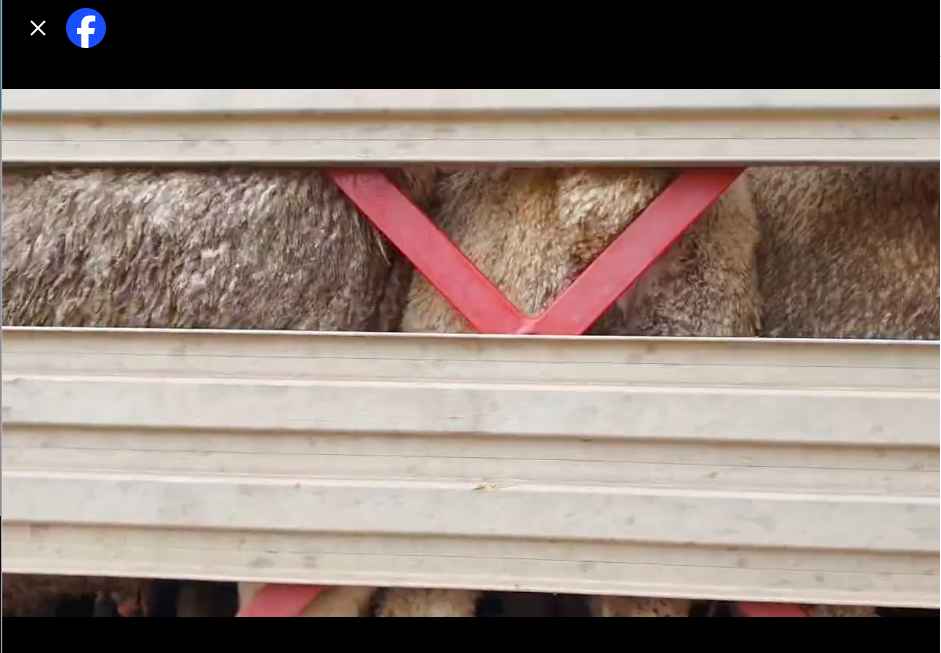
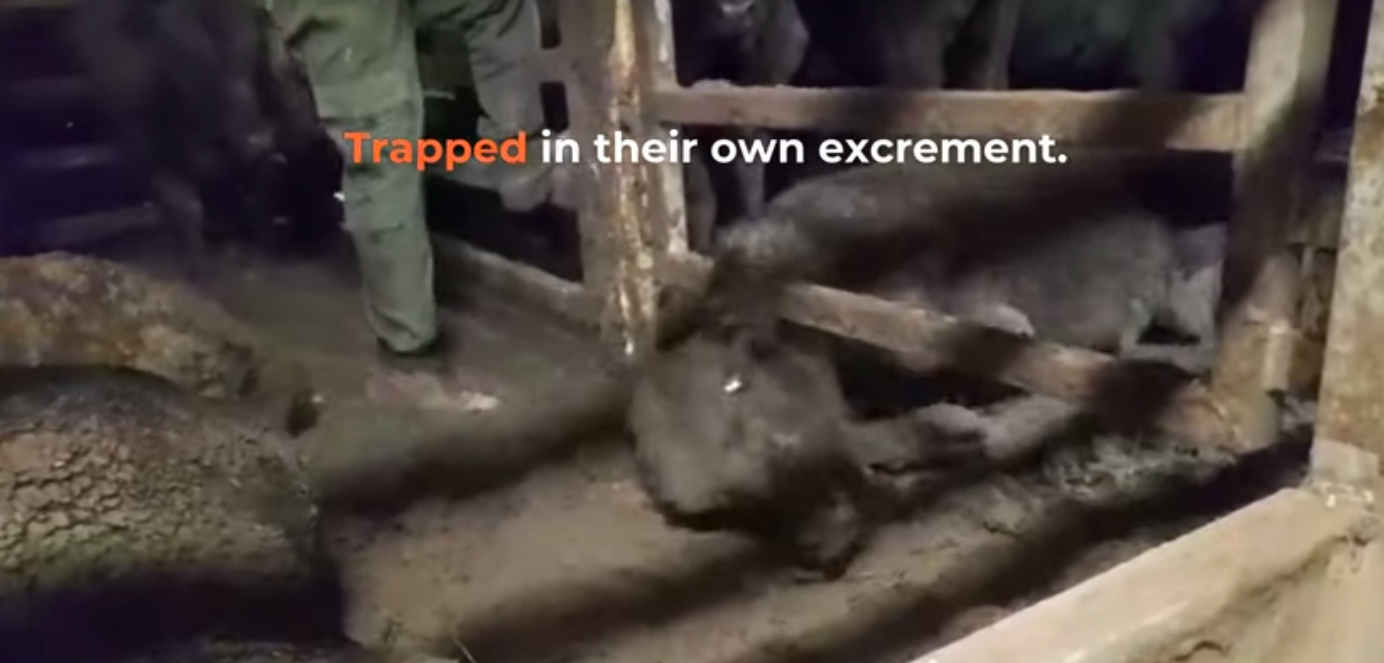
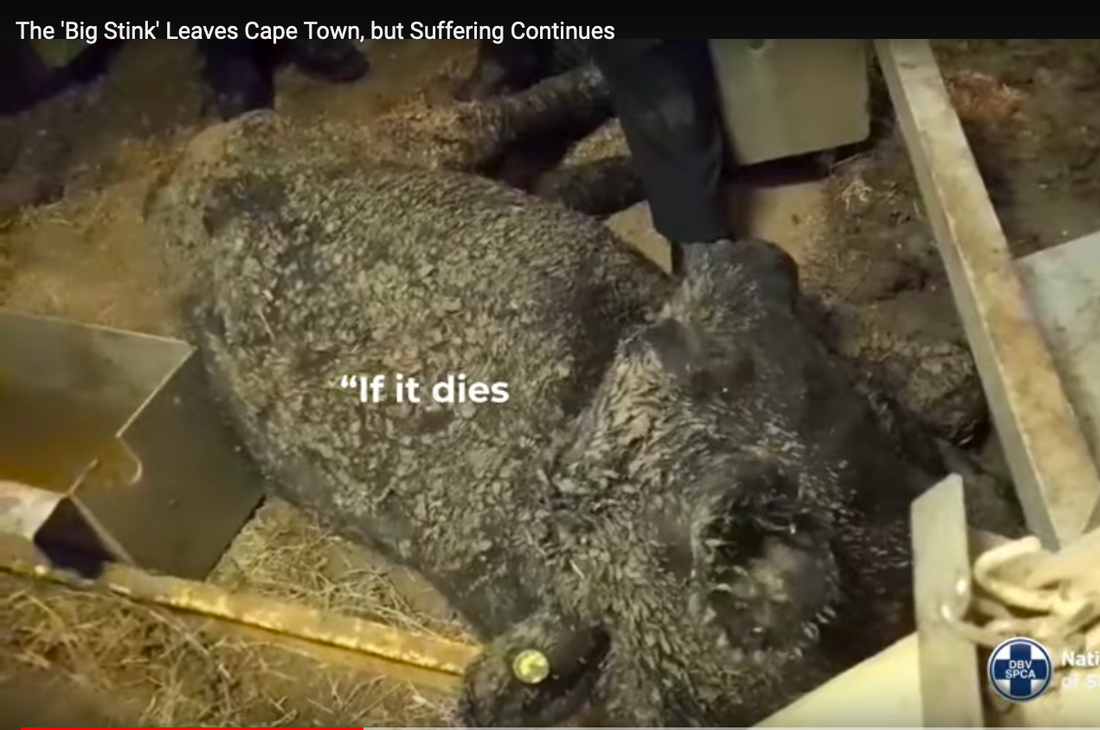
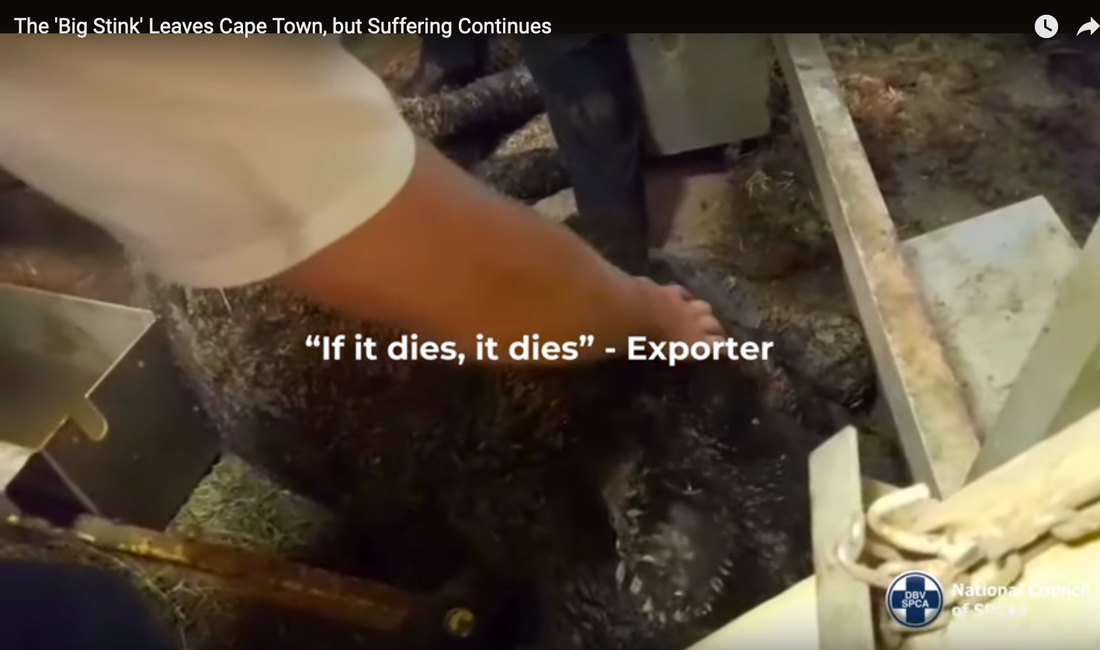
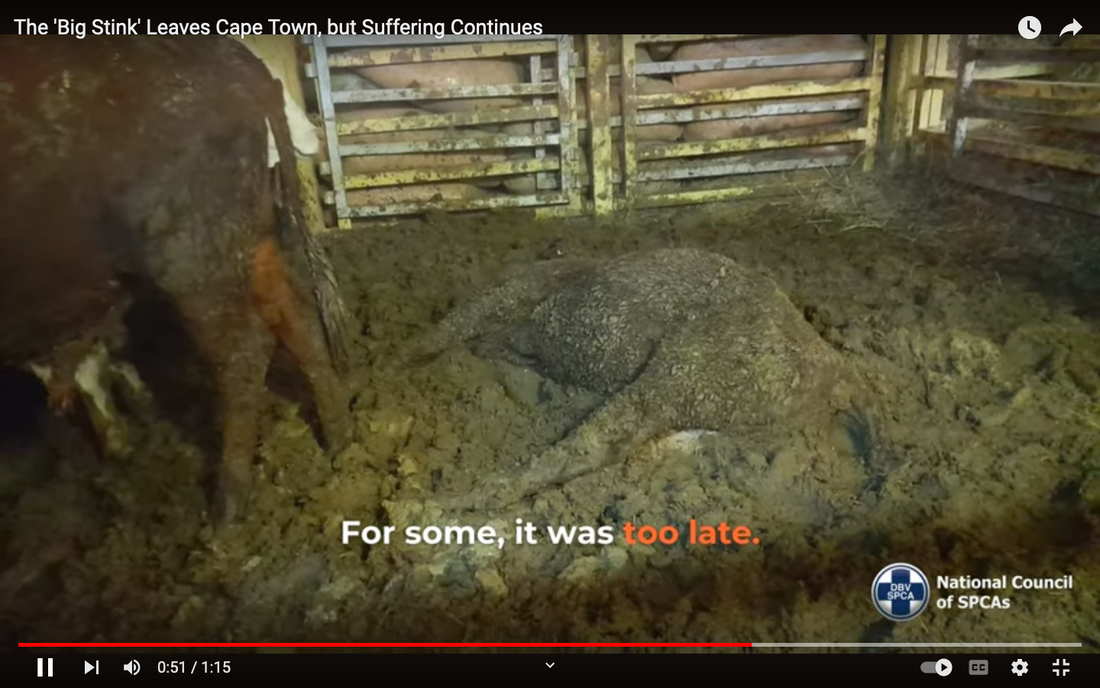
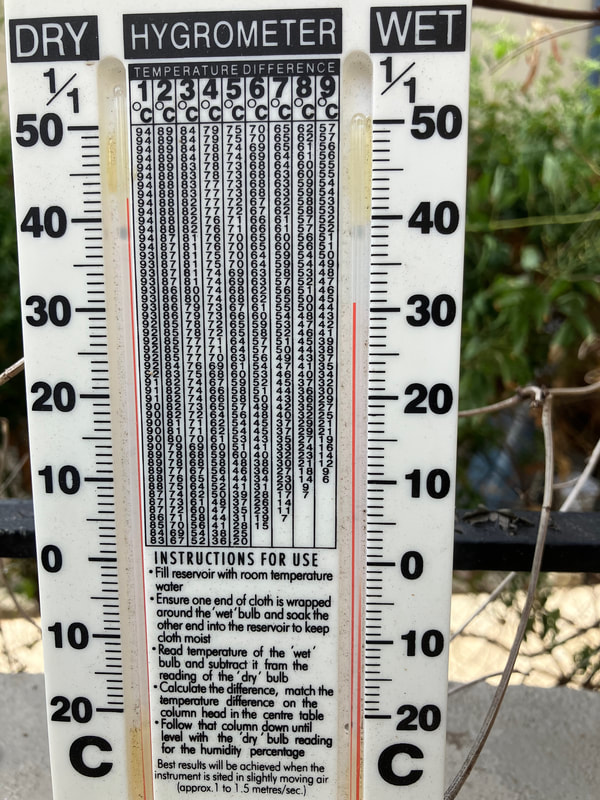
 RSS Feed
RSS Feed
